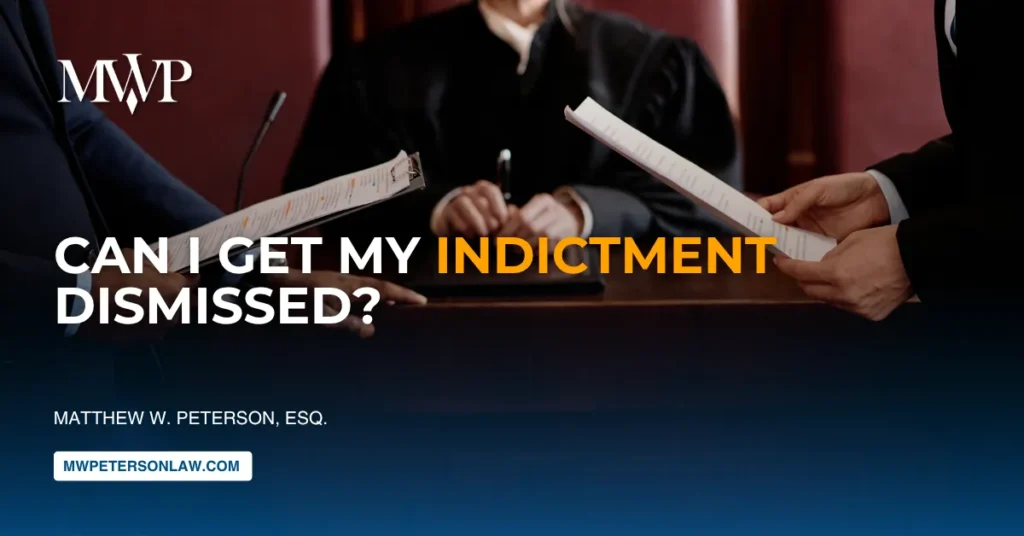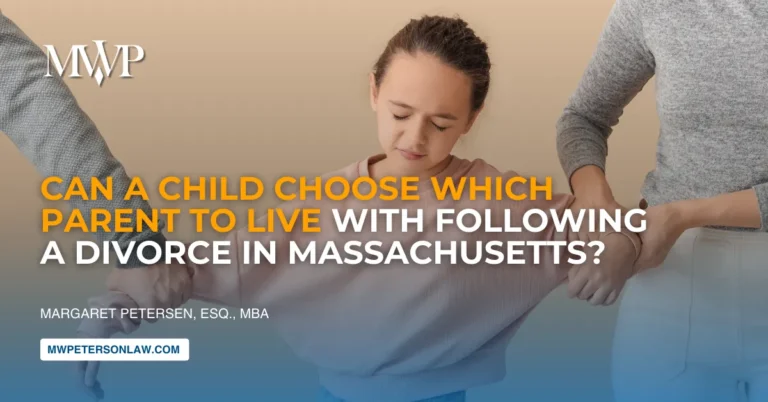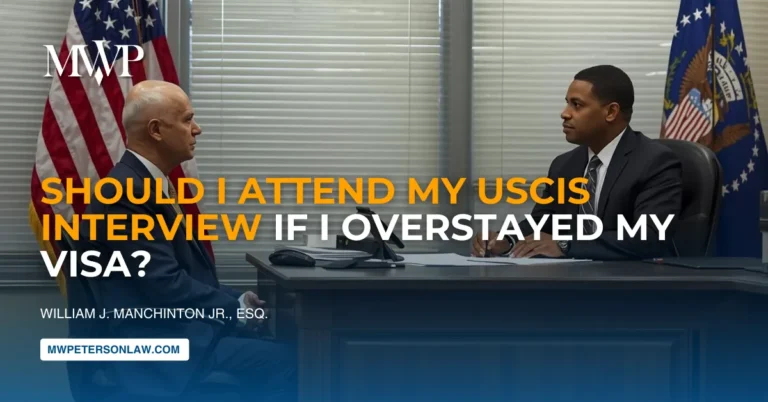If you’ve been indicted by a grand jury in Massachusetts, you might feel like the criminal justice system has already decided your fate. But an indictment isn’t the end of the story. You have legal tools to challenge that indictment before trial and possibly get your indictment dismissed, providing hope during an overwhelming time.
Two important motions—McCarthy motions and Odell motions—allow defendants to ask the Massachusetts Superior Court to dismiss charges. While neither is a guaranteed path to freedom, they represent critical safeguards in our legal system.
McCarthy Motions: Challenging the Evidence
A McCarthy motion challenges whether the grand jury heard enough evidence to indict you in the first place. Think of it as asking the judge: “Did the grand jury actually hear sufficient evidence to support these charges?“
Here’s what makes McCarthy motions unique in Massachusetts: the judge only looks at what the grand jury heard—nothing more, nothing less. The prosecutor presented certain evidence and witness testimony to convince the grand jury to indict the defendant. Your attorney can request the grand jury transcripts and examine whether that evidence, taken at face value, was legally sufficient.
The judge won’t consider evidence the prosecutor could have presented or evidence you want to introduce. The review stays within the four corners of what actually happened in that grand jury room.
The Reality: A Low Bar
McCarthy motions face a difficult hurdle in Massachusetts courts. The standard for indictment is intentionally low. Grand juries don’t decide guilt; they decide whether there’s probable cause to move forward with charges. Probable cause means “reasonable grounds to believe” someone committed a crime—a far cry from proof beyond a reasonable doubt.
Massachusetts judges reviewing McCarthy motions typically defer to the grand jury’s decision. If the grand jury heard any credible evidence supporting each element of the crime, the indictment usually survives. This doesn’t mean McCarthy motions are pointless—they can succeed when the evidence presented was clearly insufficient—but they’re an uphill battle.
Odell Motions: Challenging the Fairness of the Process
While McCarthy motions focus on the sufficiency of evidence, Odell motions attack something more fundamental: the fairness of the grand jury process itself.
Did the prosecutor mislead the grand jury? Did a witness commit perjury? Did the prosecutor withhold exculpatory evidence—evidence that could have pointed toward your innocence?
These questions form the heart of an Odell motion in Massachusetts. The law requires prosecutors to present cases fairly, even in the grand jury setting. If they violate this duty, the resulting indictment can be dismissed.
When Prosecutors Cross the Line
Imagine the prosecutor knows a key witness has a history of lying, but never mentions this to the grand jury. Or perhaps forensic evidence contradicts the Commonwealth’s theory, but the grand jury never hears about it. These scenarios might support an Odell motion.
The challenge is proving prosecutorial misconduct or unfairness. Grand jury proceedings are secret, and you weren’t there to witness what happened. Your attorney must carefully review transcripts, identify irregularities, and demonstrate that the process was fundamentally unfair.
The Harsh Truth: Odell Motions Rarely Succeed
Odell motions face long odds in Massachusetts courts. Judges are reluctant to second-guess prosecutors’ grand jury presentations, and the legal standard requires showing that the misconduct was egregious enough to undermine the integrity of the proceedings. Winning an Odell motion typically requires clear evidence of serious wrongdoing.
The Disappointing Reality: Reindictment
Even if you win a McCarthy or Odell motion and a Massachusetts Superior Court judge dismisses your indictment, there’s a catch: the prosecutor can try again.
Dismissal of an indictment doesn’t mean double jeopardy protections apply. You haven’t been tried yet, so the Commonwealth can present the case to another grand jury—hopefully correcting whatever deficiency led to dismissal. They might present additional evidence for a McCarthy dismissal or conduct a fairer process after an Odell dismissal.
This reality can feel defeating. You’ve won a significant legal battle, only to face the same charges again. However, there’s value in these motions beyond immediate dismissal. They force prosecutors to strengthen their cases, expose weaknesses in the evidence, and sometimes lead to better plea negotiations or even a decision not to reindict.
Why These Motions Still Matter
Despite their challenges, McCarthy and Odell motions serve important purposes in Massachusetts courts. They provide transparency into the grand jury process, hold prosecutors accountable, and occasionally result in cases being dismissed permanently when prosecutors realize their evidence is too weak.
If you’re facing criminal charges in Massachusetts, discuss these options with your attorney. While they’re not miracle solutions, they’re part of the comprehensive defense strategy you deserve. The system has checks and balances, and these motions are your opportunity to ensure those safeguards work as intended.
Disclaimer: This post provides general information about Massachusetts criminal procedure and should not be considered legal advice. Criminal law and procedure can be complex and case-specific. Always consult with a qualified Massachusetts criminal defense attorney about your particular situation.











